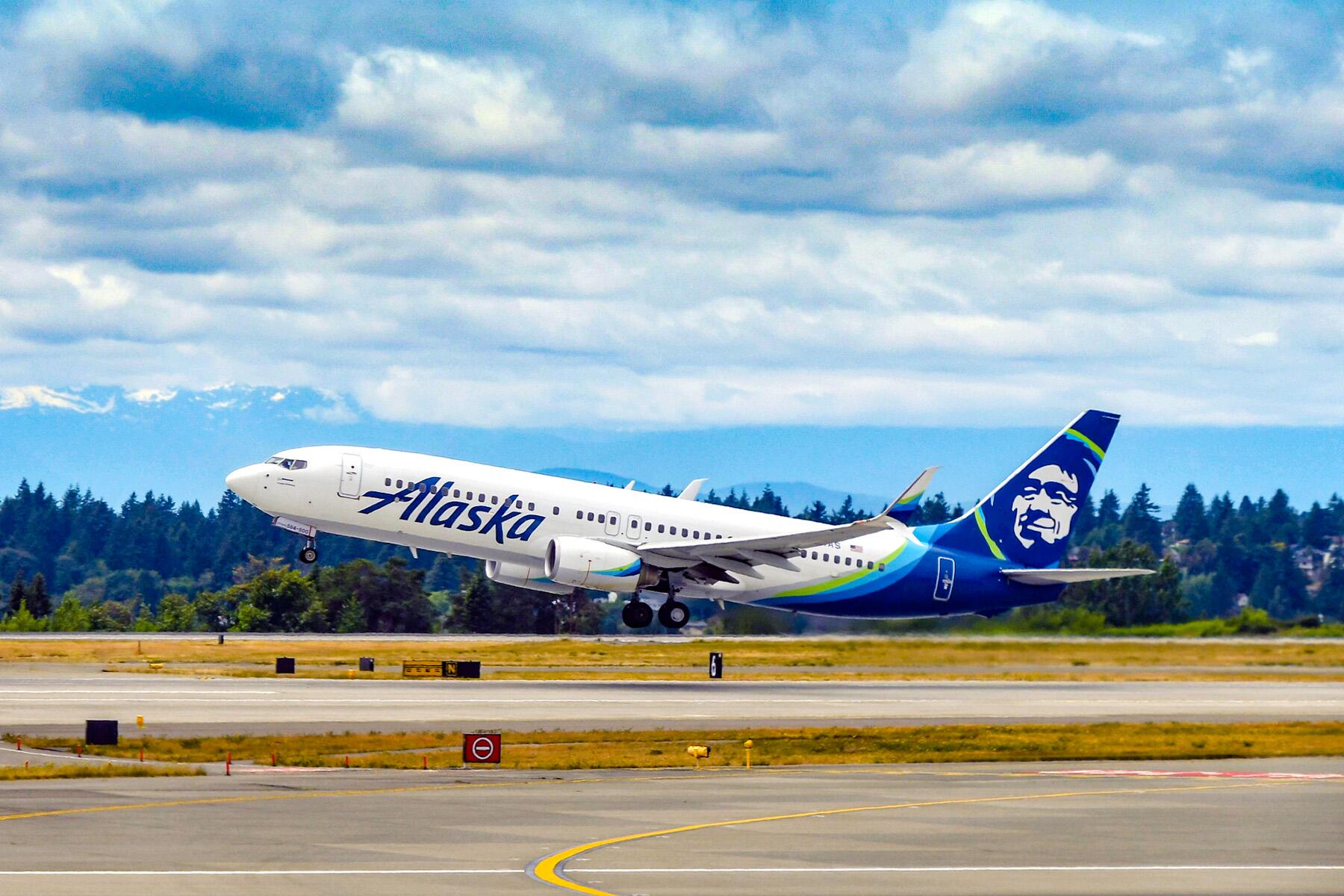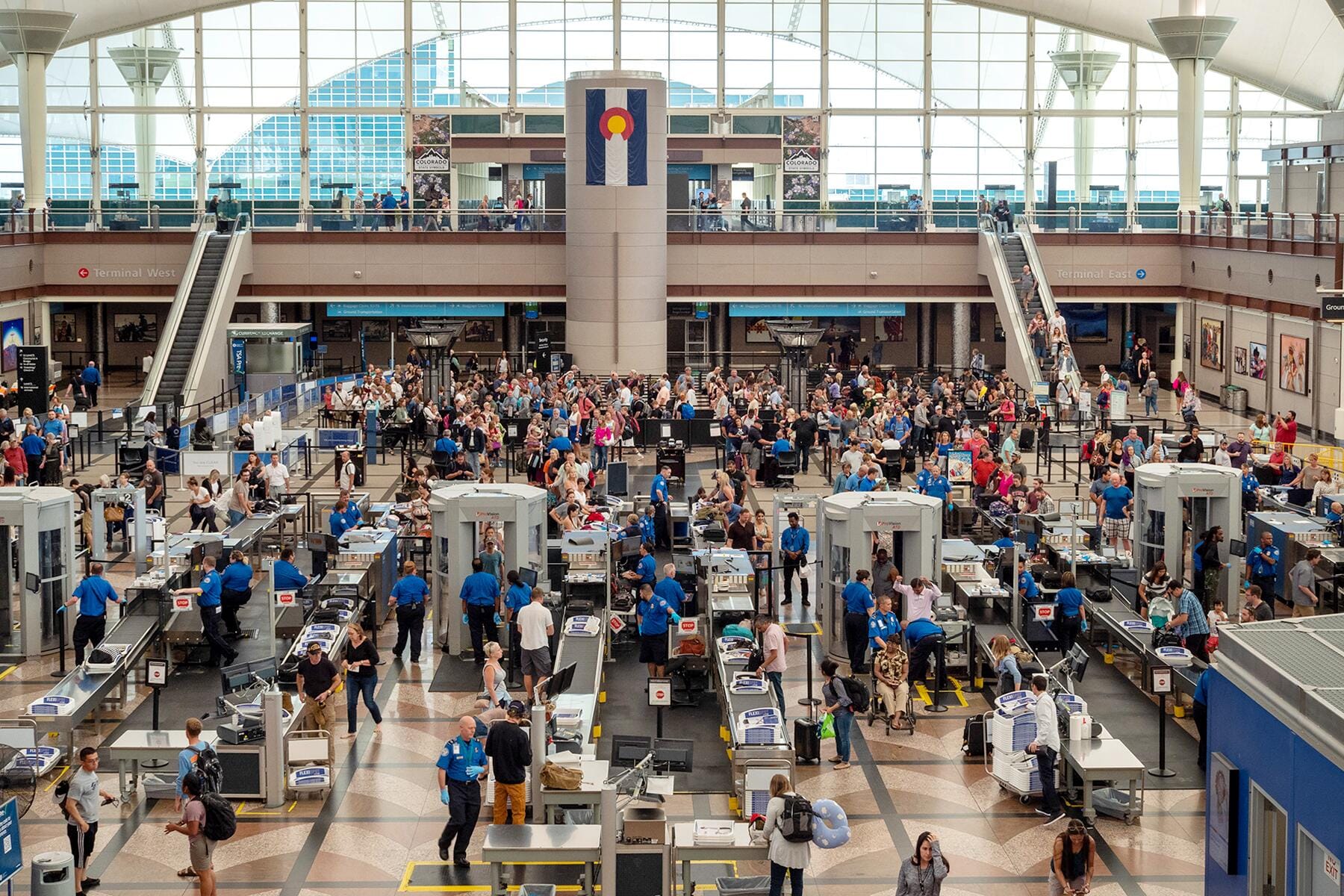It could backfire.
Travelers who benefit from TSA line-jumping services like Clear could have to go back to the regular lines with everyone else if a new bill under consideration in California’s legislature becomes law.
The bill, introduced by lawmakers from both parties, would effectively ban the expedited security screening company Clear from airports in the Golden State by adding queueing requirements that are likely to be unpalatable by the federally-operated TSA.
Clear’s primary service is a TSA line-jumping product called Clear Plus. It takes over the identity verification portion of the screening process from the TSA. Once Clear Plus subscribers have their boarding pass and identity verified using biometrics, they’re escorted past the regular TSA lines, directly to screening. The new bill would require Clear Plus and services like it to have their own dedicated TSA screening lines, rather than funneling subscribers to the front of existing lines.
It could backfire.
The TSA, which is federally operated, would need to approve any changes to how the security checkpoints are managed. If the TSA refused to create separate lanes for Clear, it could end the service’s availability in California. But if the TSA creates the separate lanes, it could draw staffing resources away from the existing screening lanes—making longer waits for everyone else, and actually improving the service for Clear Plus subscribers.
Recommended Fodor’s Video
The bill has the backing of the Association of Flight Attendants and the Northern California branch of the American Federation of Government Employees, which represents TSA employees in the region.
But the bill is opposed by several airlines who say the bill would make security lines longer, and increase their own costs if airports lose the revenues they receive from Clear. In a letter to the chair of the California Senate’s Transportation Committee, representatives from Delta Air Lines, Hawaiian Airlines, JetBlue Airways, Alaska Airlines, Southwest Airlines, and United Airlines all urged opposition to the bill, saying that if airports were to lost the $13 Million in annual revenue they currently receive from Clear, it could increase the airlines’ operating costs in California, leading to higher fares or fewer flights. Delta, United, and Alaska also have partnerships with Clear that allow discounts or fully-free Clear Plus subscriptions for top-tier frequent fliers.
At airports, Clear pays rent for the space it occupies in lobbies and near screening checkpoints—the same as other airport concessions like newsstands or restaurants. Airport revenues from other sources like concessions help offset the landing fees and rent charged to airlines—with lower concession revenue, airports have to lean more heavily on landing fees and airline rent to cover operating expenses, raising costs for airlines that could be passed onto consumers in the form of higher airfares or more fees.
Airport operators could also view the bill as government overreach that would impair their ability to generate revenue—in a state already noted for far-reaching regulations on business. In addition to imposing higher fees on airlines, airport operators could also seek relief from increases in state or federal government funding, or could support increases to the amount of fees they can charge passengers directly as an add-on to airline tickets.
If the bill, marked Senate Bill 1372, becomes law, it would allow Clear to run out its existing leases at airports without the need to implement the changes, so any restrictions to the company’s operation would likely be phased in across the nine California airports where Clear currently has operation.
Clear Plus subscribers currently have access to expedited lines at Long Beach Airport, Los Angeles International Airport, Norman Y. Mineta San Jose International Airport, Oakland International Airport, Ontario International Airport, Palm Springs International Airport, Sacramento International Airport, San Diego International Airport, and San Francisco International Airport.





Simple question: Why do the leaders (sic) in California feel this bill is needed?